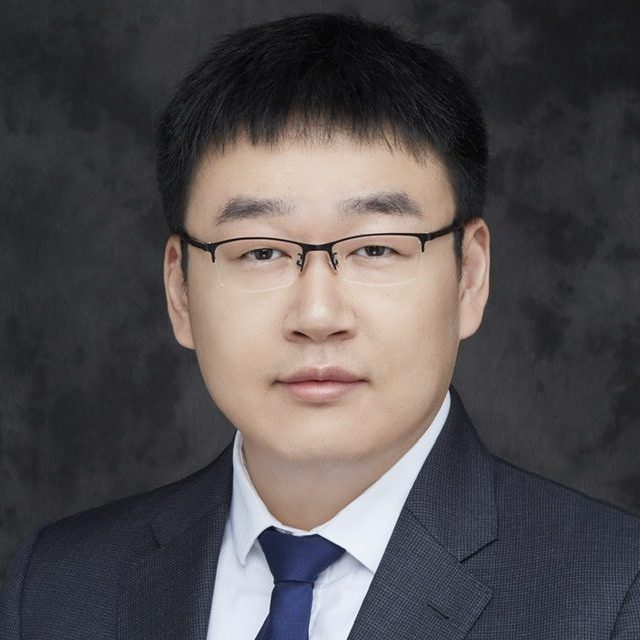This Tsinghua University course (graduate-level) is a part of the Global Hybrid Classroom (GHC) Certificate program.
The program of Advanced Topics in Finance includes four courses: Valuation, Mergers and Acquisitions, Financial Data Analysis Methods and Applications, and Introduction to Fintech, as an extension of finance-related knowledge on top of the study of the fundamentals of finance. The former two courses are mainly related to corporate finance and primary market investment and financing, while the latter two are mainly related to the secondary capital market.
The program will cover a large amount of financial theoretical knowledge, latest capital market case studies, classic theories and methods, as well as the frontiers of finance and capital markets. Based on general knowledge of international capital markets, the program will take into account the reality of Chinese capital markets. Students are expected to understand how to become the elite of capital market operation from theory to practical operation.
Requirements:
- The program will be taught in English, and students are required to be proficient in English.
- Students are encouraged to take the following courses before applying to the program: Principles of Economics, Principles of Finance, university-level Mathematics and Basic Statistics.
“Advanced Topics in Finance” certificate is compromised of 4 courses:
Global Hybrid Courses (GHC) is currently open to current students from overseas partner universities of Tsinghua University, and it’s free. If your university (instructor or students) would like to join the program and experience what it is like to teach and learn in a truly global classroom, please contact the Assistant Secretary-General of the Global MOOC Alliance at [email protected] or [email protected].
How to attend our GHC courses?
- Tsinghua University will send the list of GHC courses to overseas partner universities every semester. These universities will notify students to enroll and priority will be given to students eager to take part
- Students from overseas partner universities have to complete the courses required by the GHC Certificate within a specified time. After completing each course, they will receive a GHC transcript issued by Tsinghua University.
- Students from overseas partner universities attending Tsinghua’s postgraduate courses, whose own universities do not allow for credit transfer, can enjoy credit exemption if they study for postgraduate degrees at Tsinghua University in the future.
How to apply for the certificate upon completion of the required courses?
- Please send your name, university, and GHC transcripts to us at [email protected]



